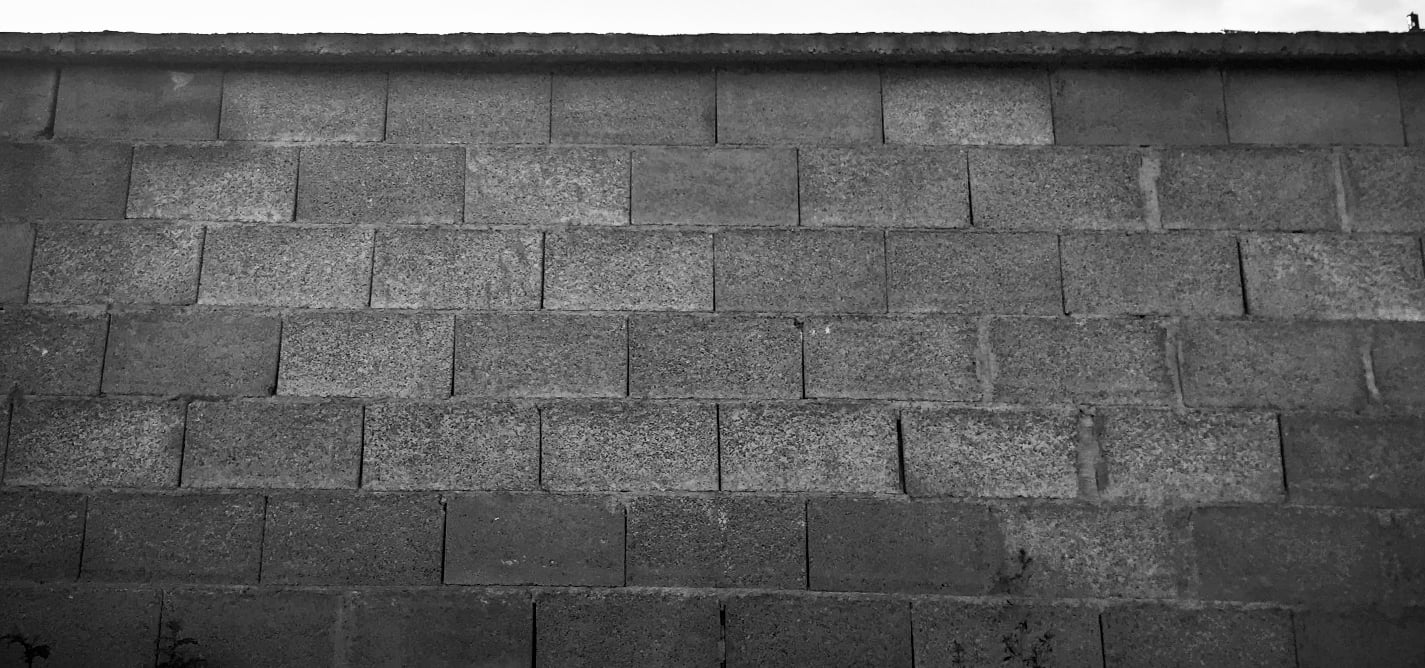
In the shadow of “X”
Who will protect war crimes witnesses in Kosovo?
|08.11.2016
|
"Witnesses were so scared and intimidated that they refused to speak even of the presence of KLA in certain zones."

Leonora Aliu
Leonora Aliu is a former K2.0 journalist (2017-18). She studied journalism at the University of Prishtina.
This story was originally written in English.